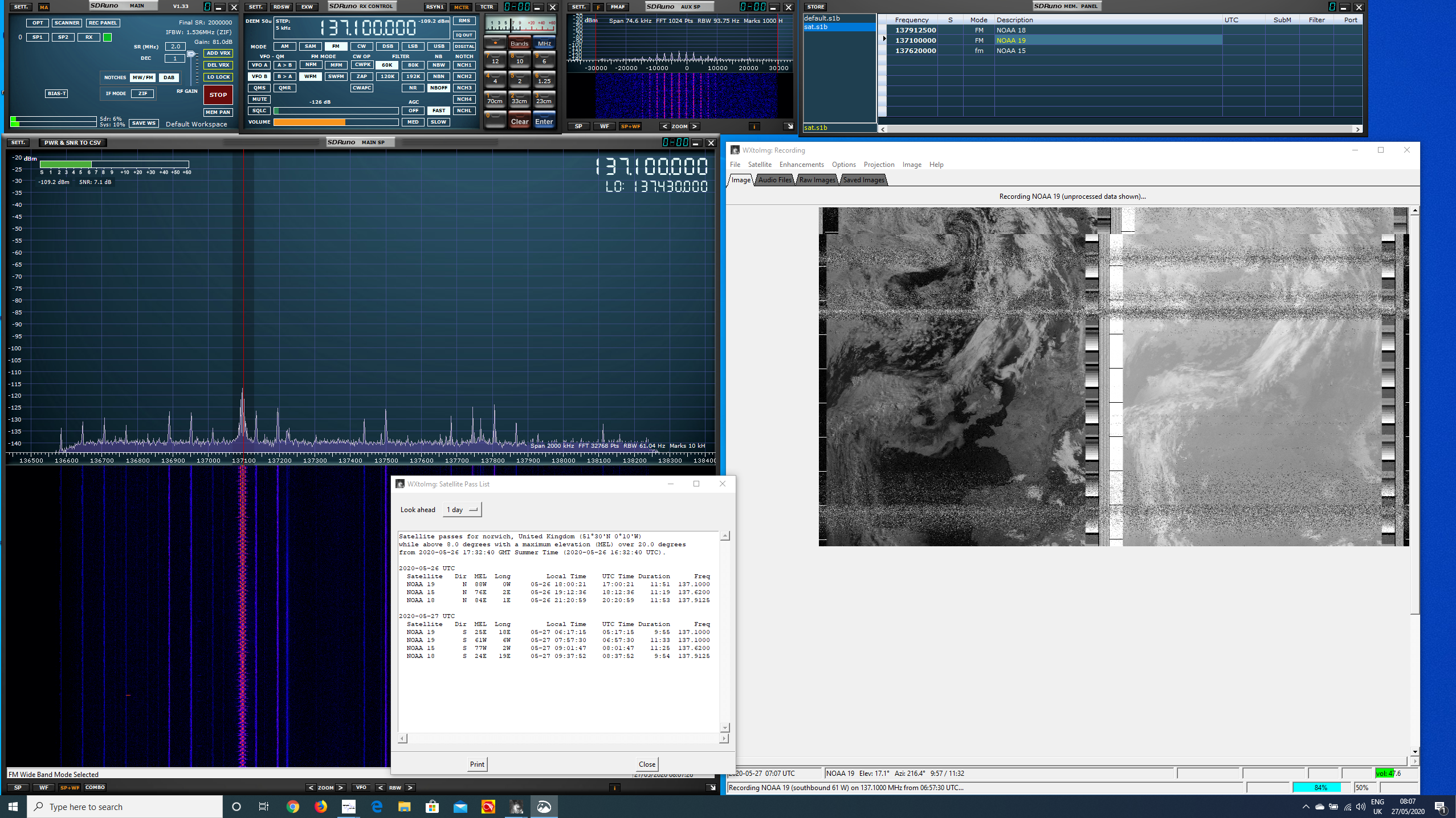

The information may change but the web page links given will not so please check back to those links regularly.Ī webpage has been set up by Aircraft Enthusiast Ben aka “TheBaldGeek” in Southern California. It is possible to use both linux or windows to install both programs so SBCs such as the Raspberry pi4 come fully into play so to speak.Īs I write this amendment to my article, Things are in their infancy so users and program authors are in the experimental stage, please bear with the owners of the links provided.The audio is not routed through Virtual Audio cables so a “full paid for” program is not required.Due to the lower demand on CPU a lot more VFOs can be opened and left running, More VFOs = More data handling capacity.The new way uses a lot less in the way of CPU resources.I also found that SDRReceiver when running the spectrum window has a tendency to autohide down in the taskbar and it is slightly annoying to get it back in view, perhaps just me !Ī very basic “no frills” SDR receiver, This is good news for data decoders because This (Windows Firewall Settings) maybe something you may want to check if SDRReceiver does not start. On first run from windows powershell I got an alert from windows firewall, I allowed the program.

ini file for 25 East (Alphasat), I remamed the default file to 25eL to indicate 25 east L -Band.īeware, altering/editing the ini file to suit your needs…Do this with caution because even the smallest mistake will result in SDRReceiver will not run when you try to start it or you may get a blank spectrum window with no activity shown when you try to start SDRReceiver,This can also be that you need to reinstall the RTLSDR driver using zadig even though it is already loaded on your PC. ini file for the satellite of your choice, here is a screenshot of what SDRReciever looks like with a default sample. If you follow the instructions you should get the basic receiver running, the crucial part is the. See the bottom of this page for improvements and download linksĪnd a new way of decoding using a much simplified cross platform receiver called SDRReceiver by author Jeroen Beijer. There is a new release of Jaero v1.0.4.13 by Jonti Olds


 0 kommentar(er)
0 kommentar(er)
